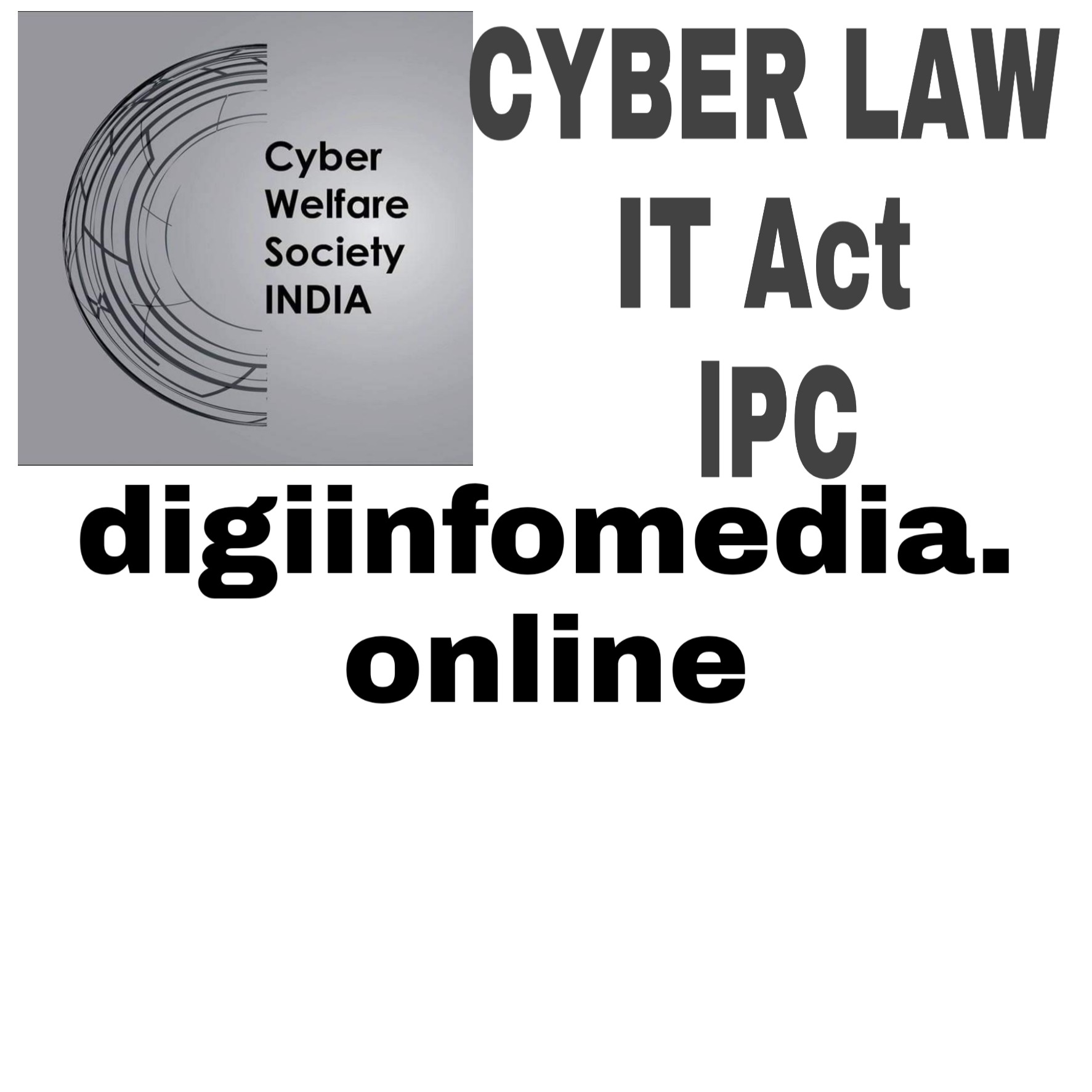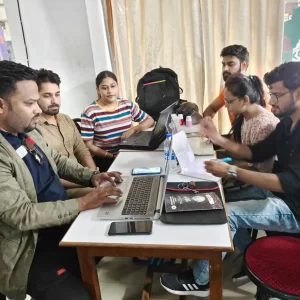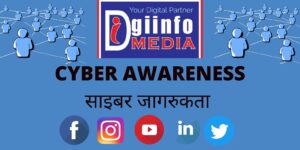
IPC Sections connected with IT Act:
By Mahak Jain :-
Following are some of the sections which connect IPC to IT Act-
Hacking and Data Theft:
Sections 43 and 66 of the IT Act penalise a number of activities ranging from hacking into a computer network, data theft, introducing and spreading viruses through computer networks, damaging computers or computer networks or computer programmes, disrupting any computer or computer system or computer network, denying an authorised person access to a computer or computer network, damaging or destroying information residing in a computer etc. The maximum punishment for the above offences is imprisonment of up to 3 years or a fine or Rs. 5,00,000 or both.
section 378 of IPC prescribes : Whoever, intending to take dishonestly any movable property out of the possession of any person without that person’s consent, moves that property in order to such taking, is said to commit theft.This section applies to online theft also.
Section 424 of IPC states that : Whoever dishonestly or fraudulently conceals or removes any property of himself or any other person, or dishonestly or fraudulently assists in the concealment or removal thereof, or dishonestly releases any demand or claim to which he is entitled, shall be punished with imprisonment of either description for a term which may extend to two years, or with fine, or with both.
This section also applies to data theft,and the maximum punishment provided for this offence is 2years or fine or both.
Section 425 of IPC states that:Whoever with intent to cause, or knowing that he is likely to cause, wrongful loss or damage to the public or to any person, causes the destruction of any property, or any such change in any property or in the situation thereof as destroys or diminishes its value or utility, or affects it injuriously, commits “mischief”. The maximum punishment provided for this is 3months or fine or both (section 426 of IPC)
Receipt of stolen property: 66B of IT Act provides for Punishment for dishonestly receiving stolen computer resource or communication device. -Whoever dishonestly received or retains any stolen computer resource or communication device knowing or having reason to believe the same to be stolen computer resource or communication device, shall be punished with imprisonment of either description for a term which may extend to three years or with fine which may extend to rupees one lakh or with both.
Section 411 of IPC prescribes : Dishonestly receiving stolen property.—Whoever dishonestly receives or retains any stolen property, knowing or having reason to believe the same to be stolen property, shall be punished with imprisonment of either description for a term which may extend to three years, or with fine, or with both.
Identity theft and cheating by personation: 66C of IT Act,Punishment for identity theft. -Whoever, fraudulently or dishonestly make use of the electronic signature, password or any other unique identification feature of any other person, shall be punished with imprisonment of either description for a term which may extend to three years and shall also be liable to fine with may extend to rupees one lakh.
Section 66D of IT Act prescribes punishment for ‘cheating by personation by using computer resource’ and provides that any person who by means of any communication device or computer resource cheats by personation, shall be punished with imprisonment of either description for a term which may extend to 3 years and shall also be liable to fine which may extend to Rs. 1,00,000.
Section 419 of IPC prescribes for cheating by personation.—Whoever cheats by personation shall be punished with imprisonment of either description for a term which may extend to three years, or with fine, or with both.
The provisions of sections 463, 465 and 468 of the IPC dealing with forgery and “forgery for the purpose of cheating”, may also be applicable in a case of identity theft.
Obscenity: Sections 67, 67A and 67B of the IT Act prescribe punishment for publishing or transmitting, in electronic form: (i) obscene material; (ii) material containing sexually explicit act, etc.; and (iii) material depicting children in sexually explicit act, etc. respectively.The Act provide different punishment for first conviction and second conviction.
Section 292 of the IPC provides that any person who, inter alia, sells, distributes, publicly exhibits or in any manner puts into circulation or has in his possession any obscene book, pamphlet, paper, drawing, painting, representation or figure or any other obscene object whatsoever shall be punishable on a first conviction with imprisonment of either description for a term which may extend to 2 years, and with fine which may extend to Rs. 2,000 and, in the event of a second or subsequent conviction, with imprisonment of either description for a term which may extend to 5 years, to be accompanied by a fine which may extend to Rs. 5,000.
Section 294 of IPC provides for,Obscene acts and songs.—Whoever, to the annoyance of others—
(a) does any obscene act in any public place, or
(b) sings, recites or utters any obscene song, ballad or words, in or near any public place, shall be punished with imprisonment of either description for a term which may extend to three months, or with fine, or with both.



well articulated information!
The article interrelates the IT act with the Indian Penal Code (IPC) and enlists the penalties for such offences under both the acts.
A well-researched article about the penal implications of the provisions of the Information Technology Act. The article is straight-forward and informative for the legal field.
The article is very informative, since it lists the provisions of both the IPC and the IT Act against specific cyber crimes. Thus, making it possible for the victim to bring an action under both the legislations, if deemed necessary.
It is really informative for me .To understand IT Act and IPC
Informative article as it points out connections of IT act with the IPC Act.